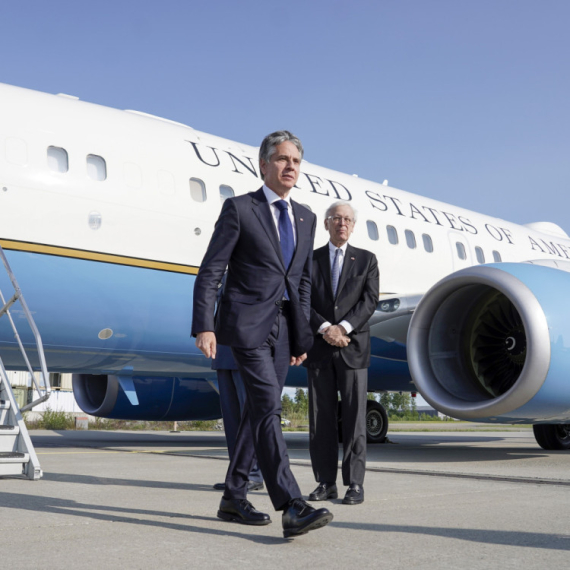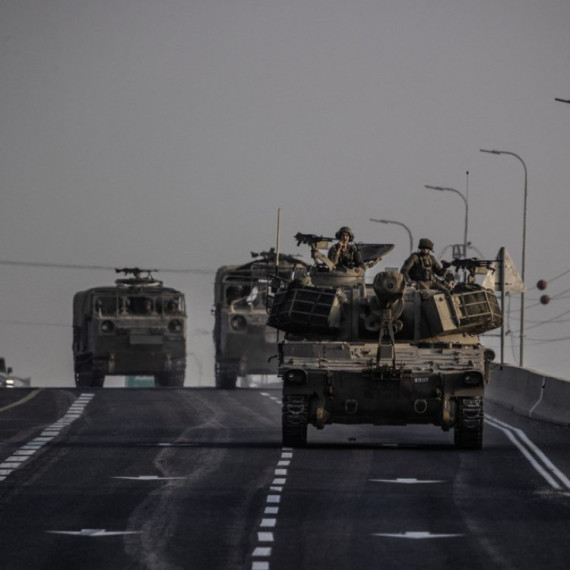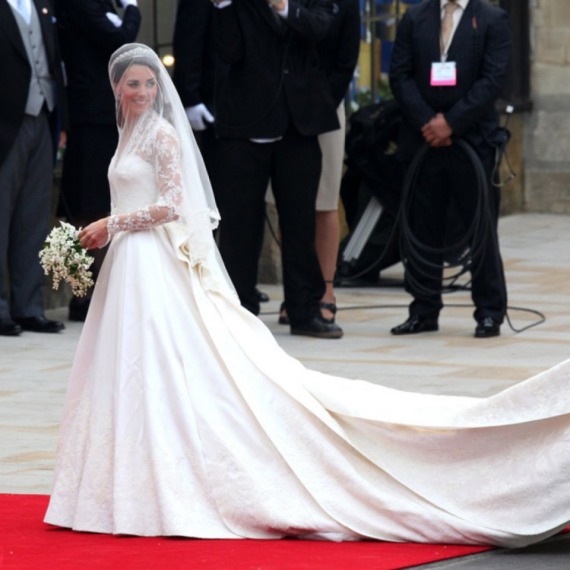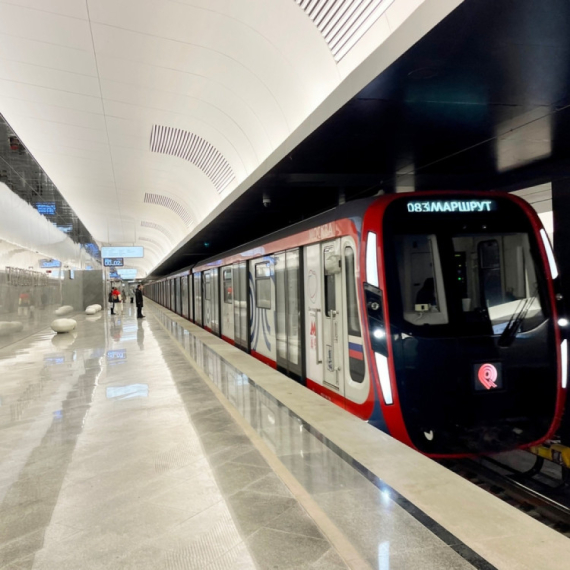Dragutinović: Wages must stay frozen
Finance Minister Diana Dragutinović is against increasing wages for state officials, adding that keeping wages frozen is a keep aspect of the IMF deal.
Sunday, 17.01.2010.
10:39

Finance Minister Diana Dragutinovic is against increasing wages for state officials, adding that keeping wages frozen is a keep aspect of the IMF deal. She told daily Vecernje novosti that the arrangement with the International Monetary Fund (IMF) will be used for decreasing the budget deficit if income is less than planned. Dragutinovic: Wages must stay frozen “It is unbelievable that directly after adopting the budget and an agreement with the IMF, there are talks of increasing wages, even though freezing them is one of the main pillars of the agreement,” Dragutinovic said. “If the wages that are financed by the budget and pensions are corrected according to inflation, that would mean greater expenses than the planned minimum RSD 60bn,” the minister said. Commenting the demands of some workers in public companies to receive greater wages, she said that it makes sense for workers whose companies are doing well to receive benefits from that, but not as a burden to tax payers or to create a greater debt and endanger the basic macroeconomic goals. “Workers in Serbian Electric (EPS) have wages that are double the average wage in Serbia, which means that wages for routine, administrative jobs are much higher than in other companies or the state administration,” Dragutinovic said. She reiterated that the debate over the decrease of the value of the domestic currency was “over-dramatized in looking for someone to blame.” “The exchange rate fluctuates with the changes in the prices of fuel, metals, and food on the world market and every change of the rate is some kind of signal, because the industry is like a family. The larger the deficit, the more adjustment is needed. If adjustments are not made, the industry won’t recover,” Dragutinovic said. Diana Dragutinovic (FoNet archive)
Dragutinović: Wages must stay frozen
“It is unbelievable that directly after adopting the budget and an agreement with the IMF, there are talks of increasing wages, even though freezing them is one of the main pillars of the agreement,” Dragutinović said.“If the wages that are financed by the budget and pensions are corrected according to inflation, that would mean greater expenses than the planned minimum RSD 60bn,” the minister said.
Commenting the demands of some workers in public companies to receive greater wages, she said that it makes sense for workers whose companies are doing well to receive benefits from that, but not as a burden to tax payers or to create a greater debt and endanger the basic macroeconomic goals.
“Workers in Serbian Electric (EPS) have wages that are double the average wage in Serbia, which means that wages for routine, administrative jobs are much higher than in other companies or the state administration,” Dragutinović said.
She reiterated that the debate over the decrease of the value of the domestic currency was “over-dramatized in looking for someone to blame.”
“The exchange rate fluctuates with the changes in the prices of fuel, metals, and food on the world market and every change of the rate is some kind of signal, because the industry is like a family. The larger the deficit, the more adjustment is needed. If adjustments are not made, the industry won’t recover,” Dragutinović said.


























































Komentari 1
Pogledaj komentare